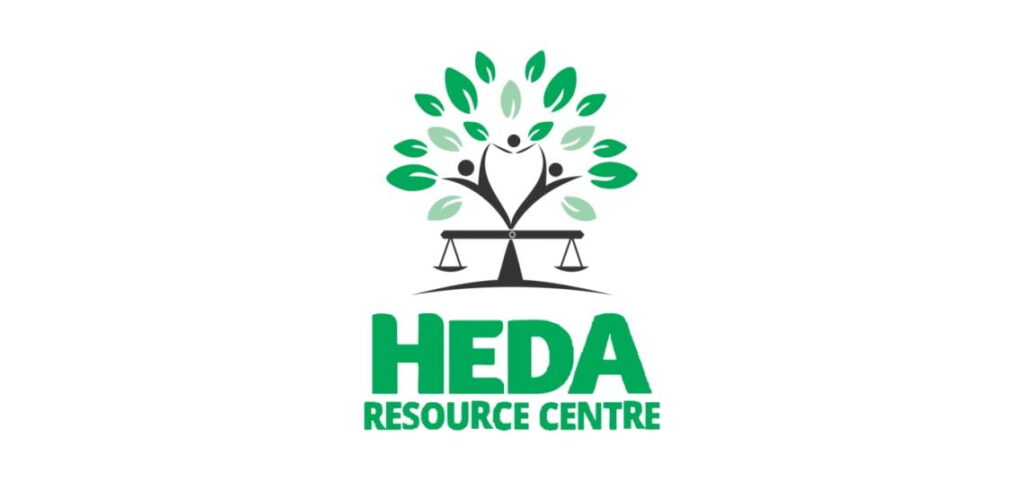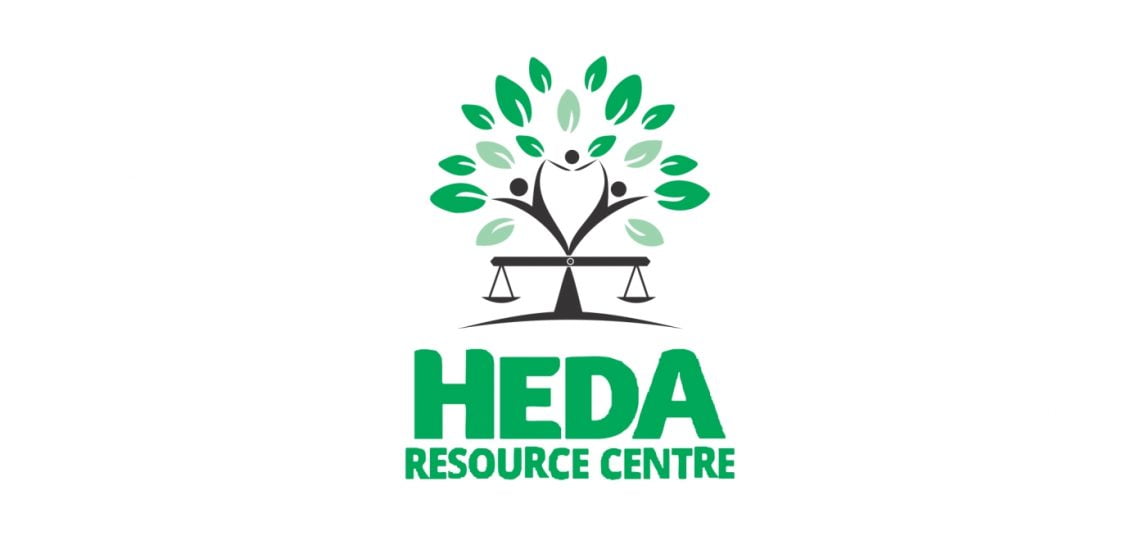
The Nigerian Government had approved N5 billion for each state and the Federal Capital Territory (FCT) to enable them to procure food items for distribution to the poor in their respective states.
The Human and Environmental Development Agenda (HEDA) has called for transparent implementation strategies and monitoring of the palliatives approved by President Bola Tinubu administration to be provided to citizens through state governments.
The Nigerian Government had approved N5 billion for each state and the Federal Capital Territory (FCT) to enable them to procure food items for distribution to the poor in their respective states.
The government also released five trucks of rice each to the 36 state governors. Also, state governors are to procure 100,000 bags of rice, 40,000 bags of maize, and fertilizers.
It was learnt that 52 per cent of the funds were given to the state governments as grants with 48 per cent as loans.
However, HEDA in a statement stressed the importance of transparent implementation frameworks and robust strategies to ensure accountability and effective utilization of these funds.
HEDA’s Chairman, Olanrewaju Suraju urged all state governments to put forth detailed implementation strategies that demonstrate their commitment to the responsible allocation of resources.
He challenged President Tinubu to take a proactive step towards ensuring the effectiveness and transparency of the financial support initiative from the administrators of the fund.
He said, “The decision to remove petrol subsidy has brought attention to the need for comprehensive and well-defined plans to channel resources for the betterment of the citizenry. HEDA firmly believes that a clear road map outlining how these funds will be disbursed and monitored is essential to prevent any misuse or mismanagement, diversion or corruption as experienced with previous similar measures like SURE-P, etc.
“Transparent budgeting and regular updates on the utilization of the funds will foster public trust but also provide a mechanism for citizens to actively participate in overseeing the progress of projects aimed at easing the impact of the subsidy removal.”
“We propose the involvement of institutions like the Economic and Financial Crimes Commission (EFCC), the Nigerian Financial Intelligence Unit (NFIU), and the Independent Corrupt Practices and Other Related Offences Commission (ICPC) to serve as a monitoring and evaluation team for the execution of these projects.”
HEDA further charged stakeholders, community associations, professional groups, religious institutions and artisan/labour unions to actively engage in the process and demand transparent and accountable administration of the funds.


